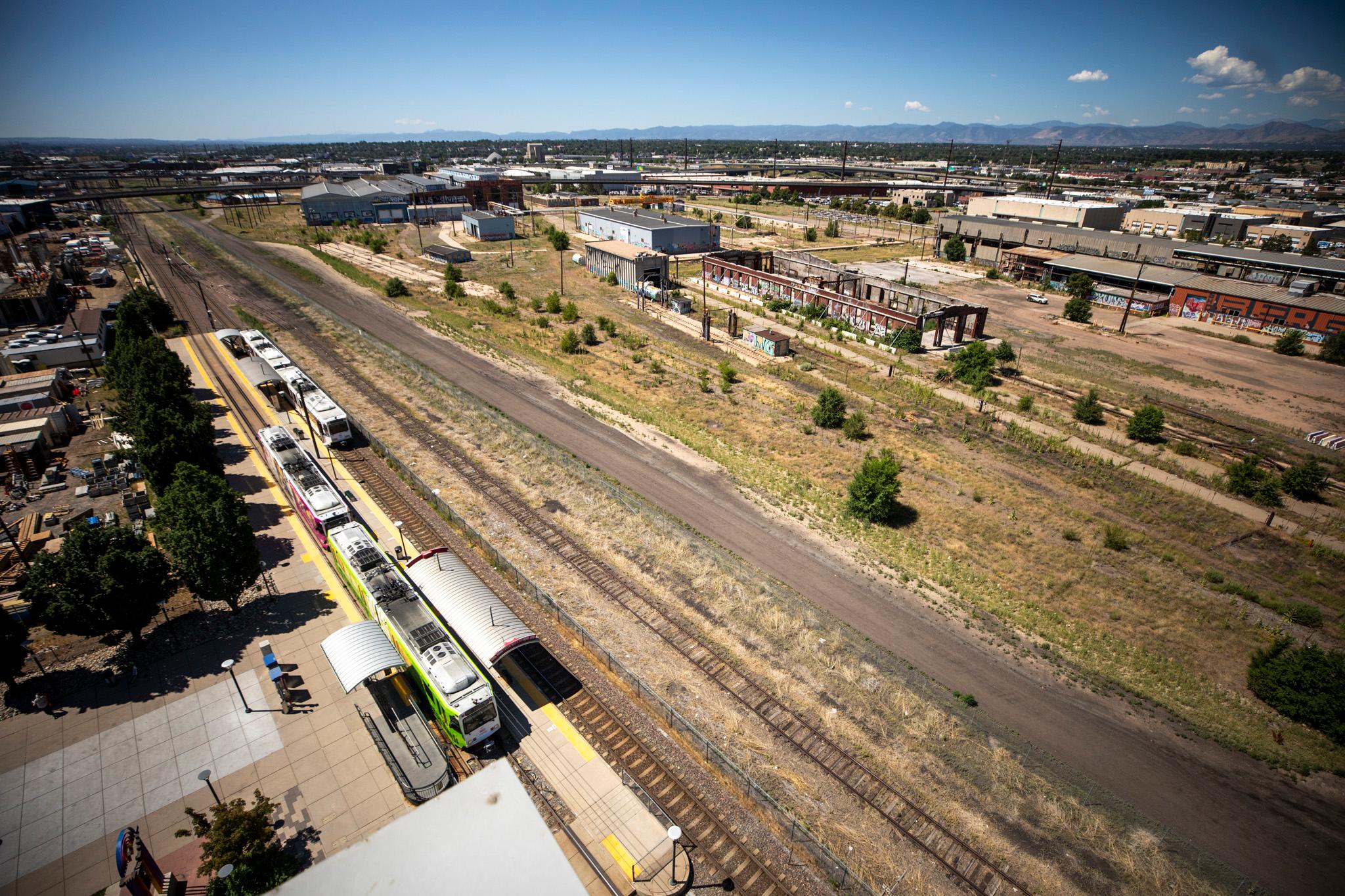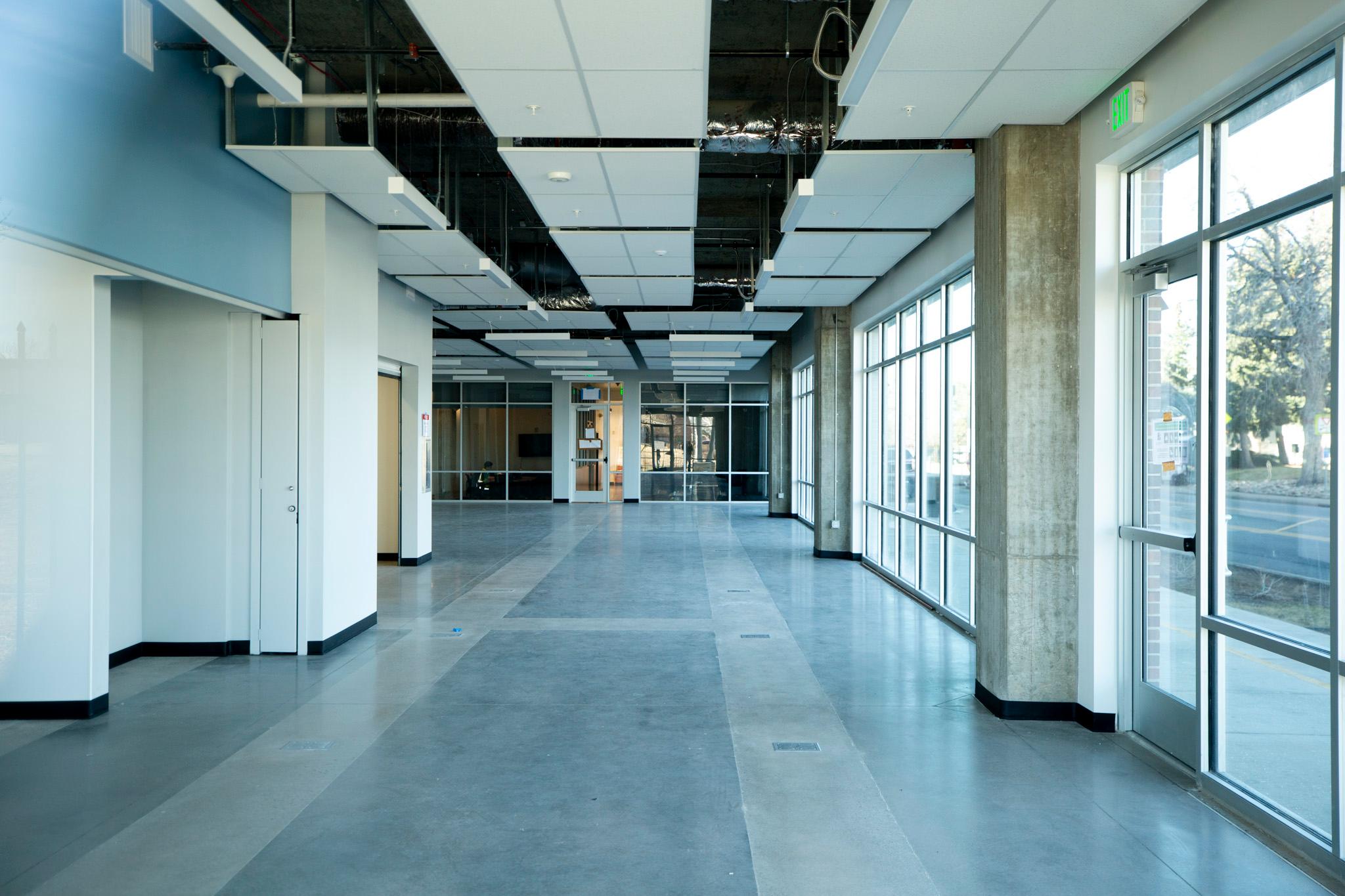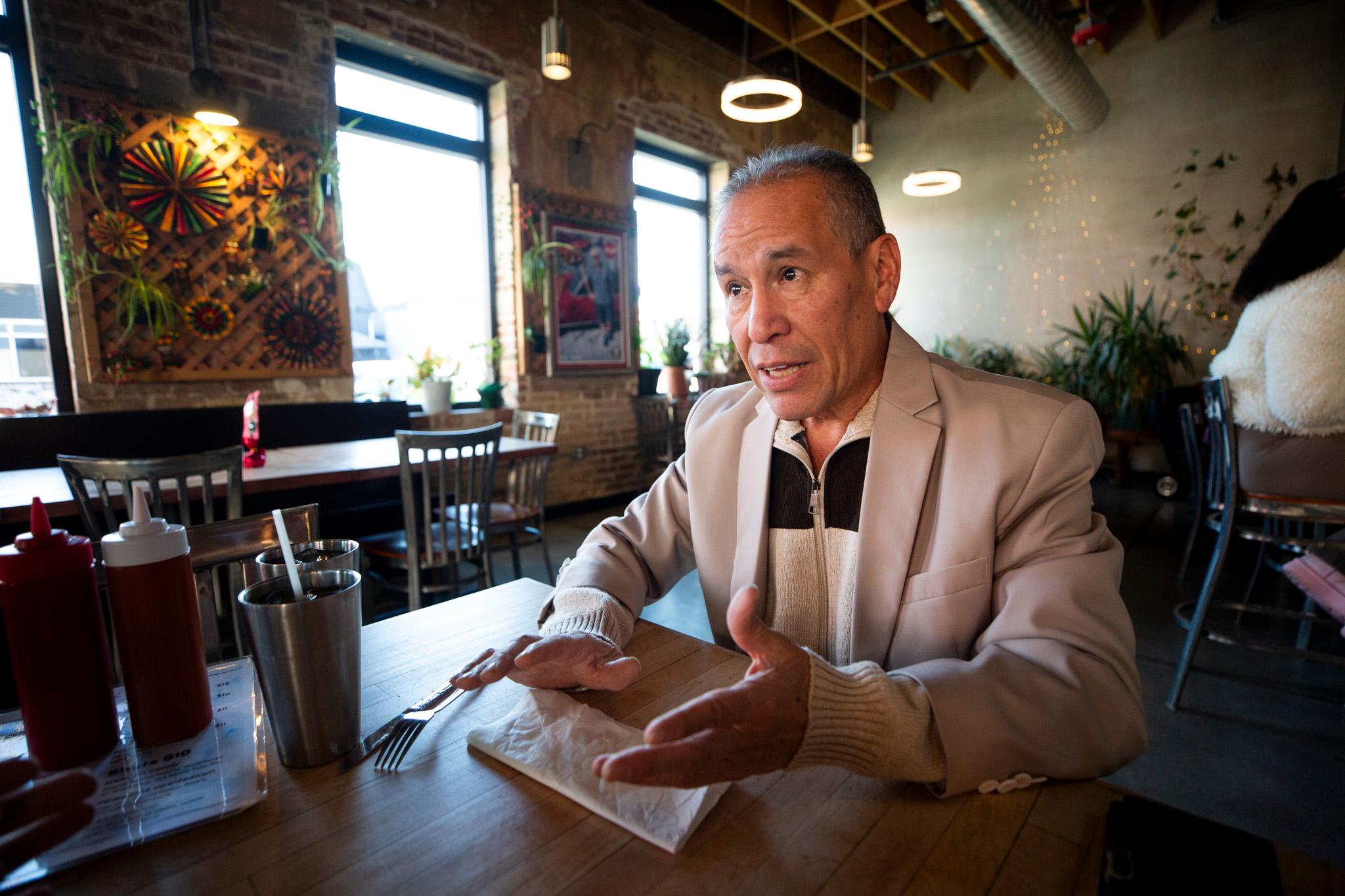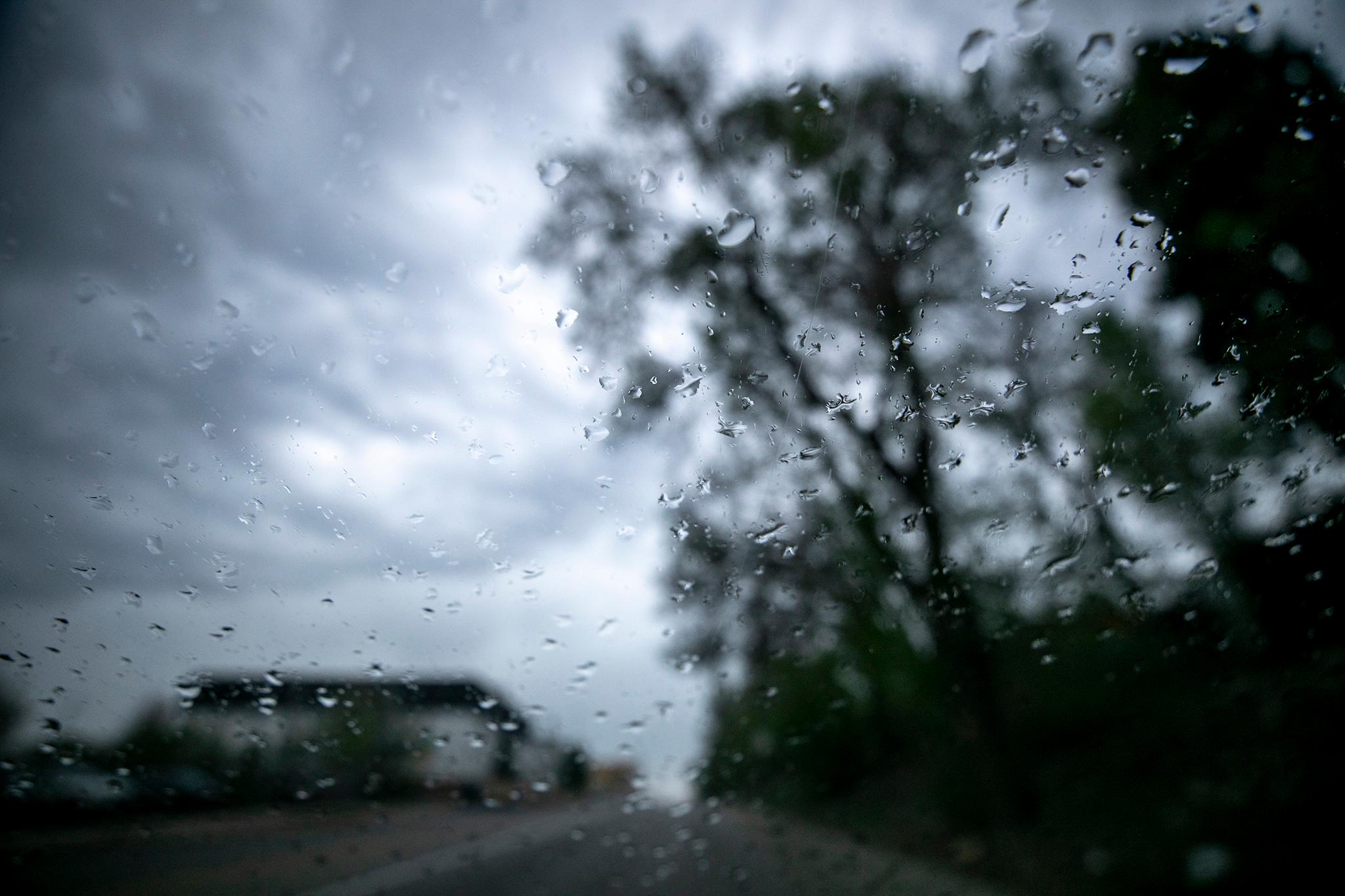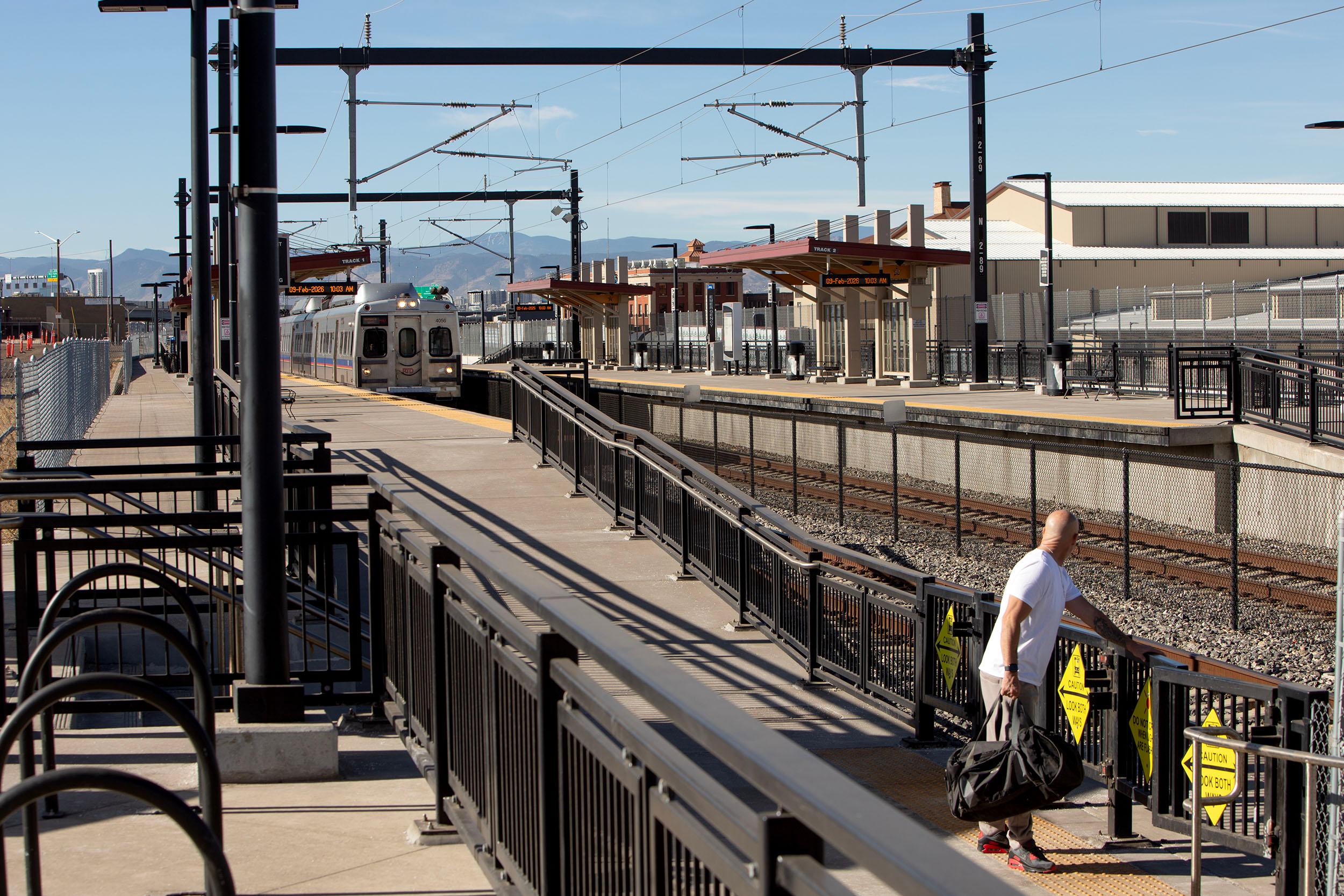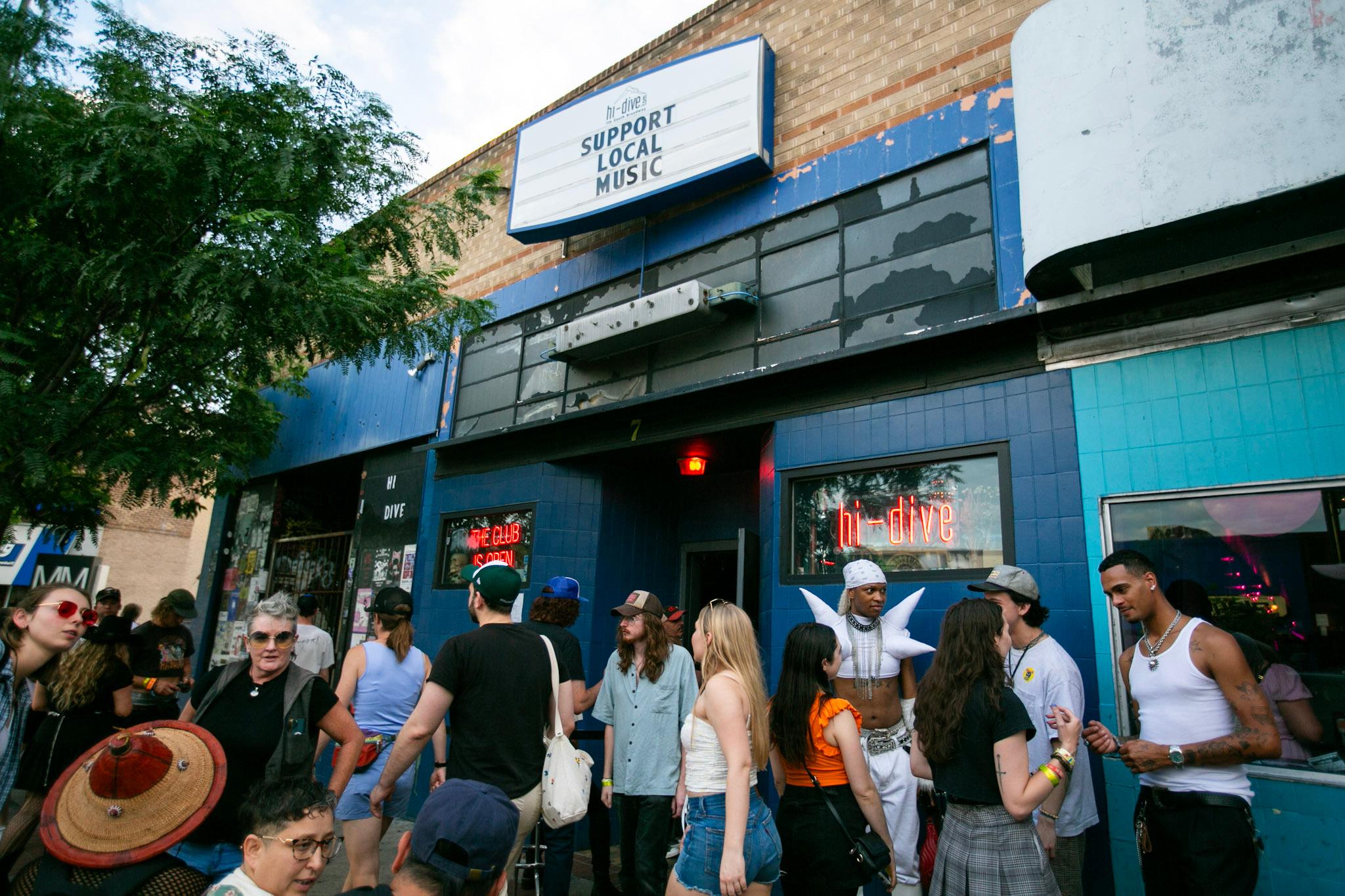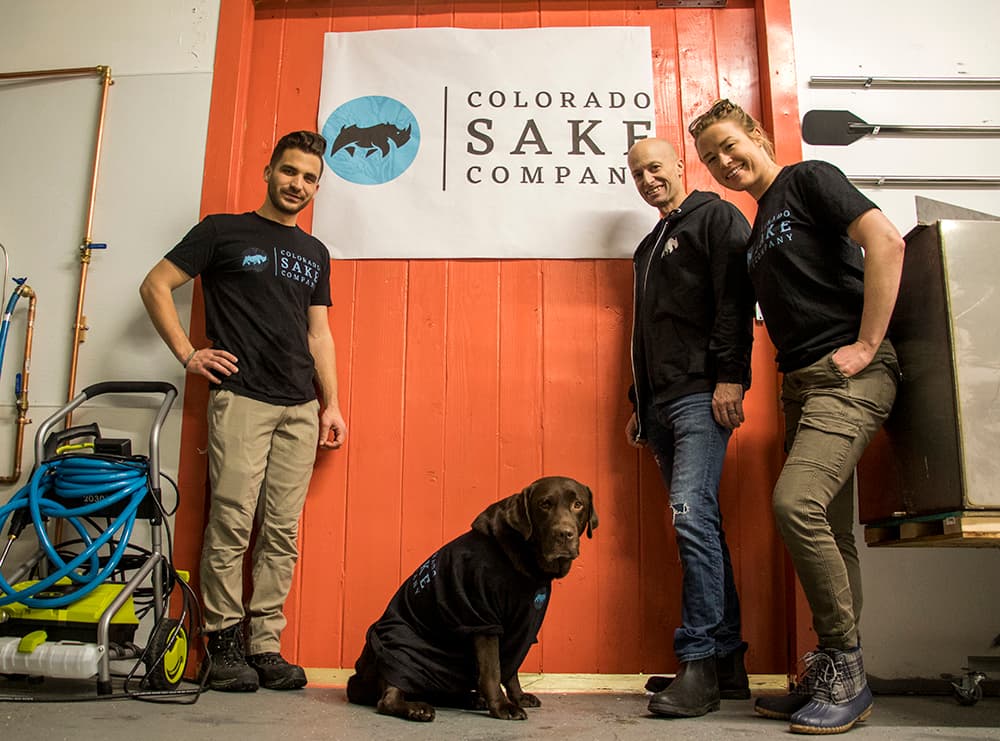
Colorado alcohol producers are allowed to have taprooms for beer, tasting rooms for wine and speakeasies for spirits.
But state rules don't make it easy to create spaces exclusively for sake.
The Colorado Sake Co. hopes state legislators will tweak alcohol laws to allow sake to be elevated from its supporting spot in sushi restaurants. The Denver-based company already has a space lined up near 36th and Larimer streets in the River North section of Five Points.
At the federal level, the Alcohol Tax and Trade Bureau generally treats sake as a beer for matters relating to production and taxation. But for labeling and advertising, sake is treated as wine. That creates problems at the local level where the Colorado Liquor Code leaves sake producers in limbo, effectively only allowing them to wholesale.
"The taproom would allow us to educate consumers. That's the biggest hurdle we have," said William Stuart, CEO of Colorado Sake Co.
U.S. sake sales have grown by 8 percent annually since 1994, according to Forbes. And exports of Japan’s national drink reached a record $94 million in 2014, according to the USA Today.
Stuart wants to break into that market. He is working with Senate Minority Leader Lucia Guzman, a Denver Democrat, to make it easier for those producing alcohol from fermented rice to get in front of customers. Guzman introduced Senate Bill 79 earlier this month. The bill is anticipated to go before the Senate Business, Labor and Technology Committee in February.
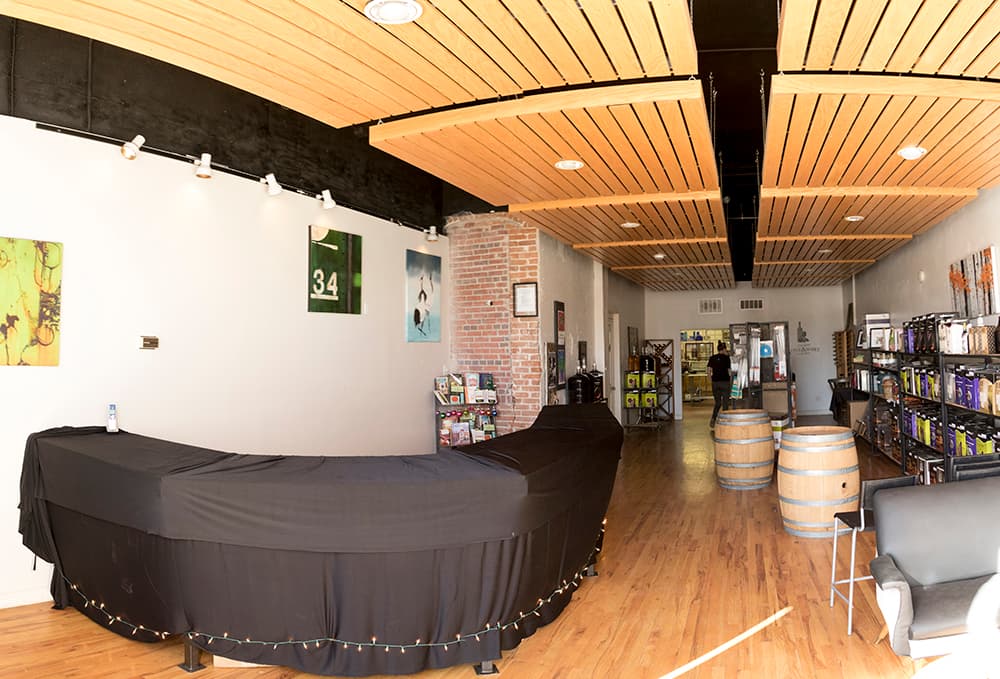
As currently written, the bill would classify sake as a vinous liquor — or what most of us non-bureaucrats call wine — for the purposes of the Colorado Liquor Code. However, the bill could be amended after the Colorado Brewers Guild raised concerns about possible implications for breweries, like Anheuser-Busch InBev, who use rice in their brews.
Overall, the executive director of the craft brewing trade association, Andres Gil Zaldana, said the guild is not opposed to making it easier for sake makers coming into the market.
If the legislation goes through, Colorado Sake Co. could copy some moves from craft brewers' playbooks, using small neighborhood spaces to build up a customer base and get higher returns on investments than selling to bars, restaurants and liquor stores.
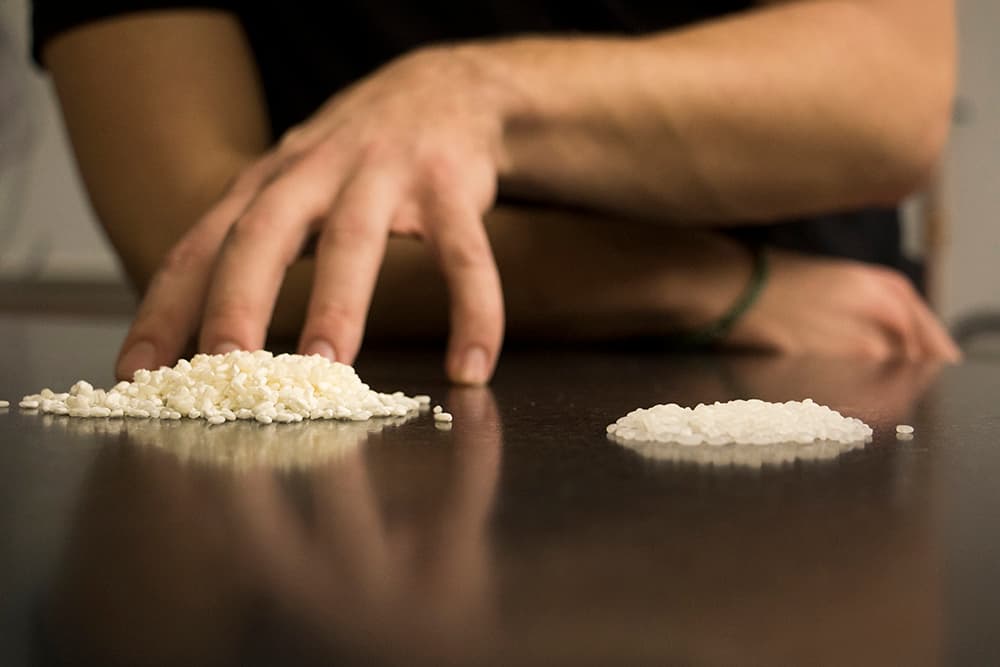
There's only one other known licensed sake producer in Colorado, Gaijin 24886 in Denver. Hakushika Sake USA Corp., a subsidiary of Tatsuuma-Honke Brewing Co. of Japan, previously operated out of Coors Technology Center in Golden, but the plant was closed more than 17 years ago.
So far, Gaijin 24886 co-founder Marc Hughes said he's playing a bystander role with the legislation and has no plans for a taproom.
"I'm very excited the state is taking an interest in this new market, and I hope their interest opens up a lot of opportunities for not just us but other companies who are interested in this," Hughes said. "If this law makes it any easier for anyone else to participate, it can only help out in the long run."
Want more Denver news? Subscribe to Denverite’s newsletter here bit.ly/DailyDenverite.
Business & data reporter Adrian D. Garcia can be reached via email at [email protected] or twitter.com/adriandgarcia.

